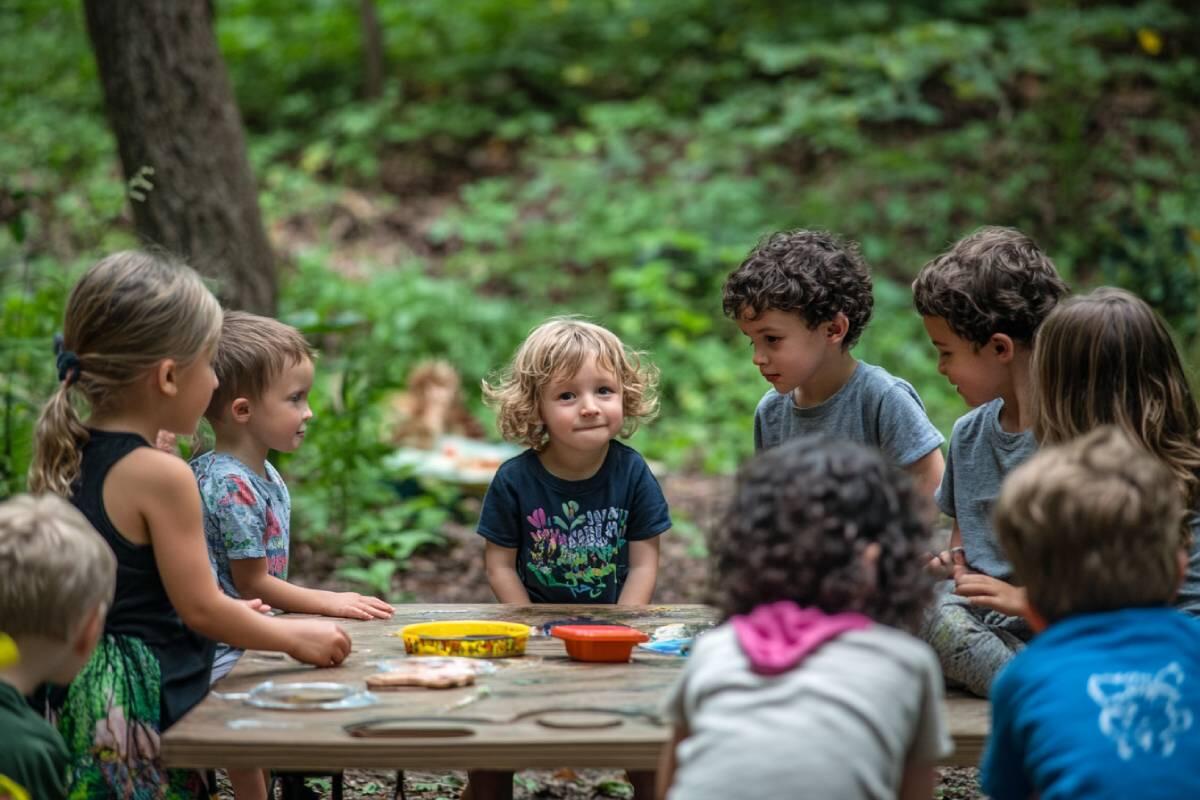How to Help a Shy Child Socialize
Shyness is a natural part of childhood for many kids, but when it hinders their ability to socialize, it can become a concern for parents and caregivers. Helping a shy child navigate social interactions is crucial for building their confidence and fostering emotional growth.
Learning to socialize has long-term benefits for a child’s development, including improved communication skills, better peer relationships, and greater self-esteem. At Clinic Consultation, we understand the importance of personalized strategies to support shy children and their families.
2. Why Are Some Children Shy?
2.1. Personality and Temperament
Shyness often stems from a child's inherent personality traits. Some children are naturally introverted and may take longer to feel comfortable in new or unfamiliar settings.
Early experiences also play a role. A child who has had limited exposure to group activities or social interactions may feel overwhelmed in social settings.
2.2. Fear of Judgment or Rejection
Shy children may fear being judged or making mistakes in front of others, which can lead to avoidance of social situations.
It’s important to recognize that shyness is not a flaw but a phase that many children go through. Understanding these underlying reasons can help parents address the behavior effectively.
3. Practical Strategies to Help a Shy Child Socialize
3.1. Build a Safe and Supportive Environment
Creating an atmosphere where your child feels safe to express themselves is key. Celebrate small social successes and avoid pressuring them into situations they find uncomfortable.
Make sure your child knows it’s okay to feel shy. Let them take their time to adapt, offering encouragement along the way.
3.2. Start Small and Gradually Increase Social Interactions
Begin with one-on-one playdates with familiar friends or relatives. Gradually introduce them to larger groups or new settings as they gain confidence.
Encourage them to participate in structured activities like sports, art classes, or clubs, where they can meet peers in a more controlled environment.
3.3. Model Positive Social Behavior
Children often mimic their parents’ behavior. Demonstrate polite greetings, active listening, and friendly conversations in front of your child.
Explain the benefits of social interactions, like making friends or learning new things, to motivate them.
4. How to Encourage Social Skills in Everyday Life
4.1. Practice Role-Playing Social Scenarios
Use role-playing games to teach your child how to respond in various social situations, like introducing themselves or sharing toys.
For instance, you can pretend to be a new friend, allowing your child to practice starting conversations in a low-pressure environment.
4.2. Teach Empathy and Kindness
Discuss the importance of understanding others' feelings. When children develop empathy, they often feel more connected and less anxious in social settings.
Simple acts of kindness, such as helping a peer or sharing something, can be great ways to foster social connections.
5. How to Handle Setbacks and Build Resilience
5.1. Be Patient and Avoid Criticism
Children may take time to overcome their shyness. Avoid labeling them as "shy" or comparing them to more outgoing peers, as this can discourage progress.
Focus on their strengths and reassure them that everyone faces challenges in social situations at times.
5.2. Celebrate Progress
Acknowledge even small steps, like saying "hello" to a new classmate or participating in a group activity. Positive reinforcement helps build their confidence over time.
6. Benefits of Socializing for Shy Children
Stronger Relationships
Social interactions help children form meaningful friendships, improving their sense of belonging and reducing feelings of isolation.
Encouraging them to step out of their comfort zone also helps them navigate future challenges with greater ease.
Improved Communication Skills
By engaging with others, shy children develop better verbal and non-verbal communication skills. This not only benefits their social life but also their academic and professional growth in the long run.
7. When to Seek Professional Help?
If shyness persists to the point where it affects your child's quality of life—such as avoiding school or group activities—it may be time to seek guidance from a specialist.
At Clinic Consultation, our child psychologists offer tailored strategies to help children build social confidence and overcome barriers to interaction. Professional support ensures your child receives the tools they need to thrive socially and emotionally.
8. Conclusion
Helping a shy child socialize is a gradual but rewarding process. By fostering a supportive environment, encouraging small steps, and celebrating progress, parents can help their children gain confidence in social interactions.
For personalized guidance, consider scheduling a consultation with our team of experts at Clinic Consultation. Together, we can create a plan to help your child navigate social situations with ease and confidence.
